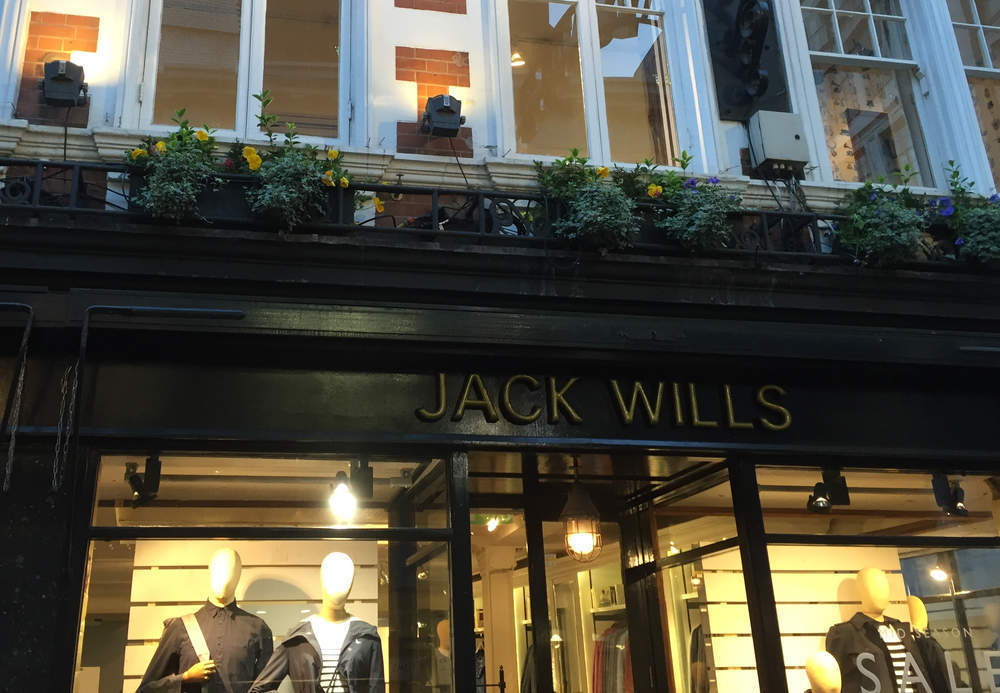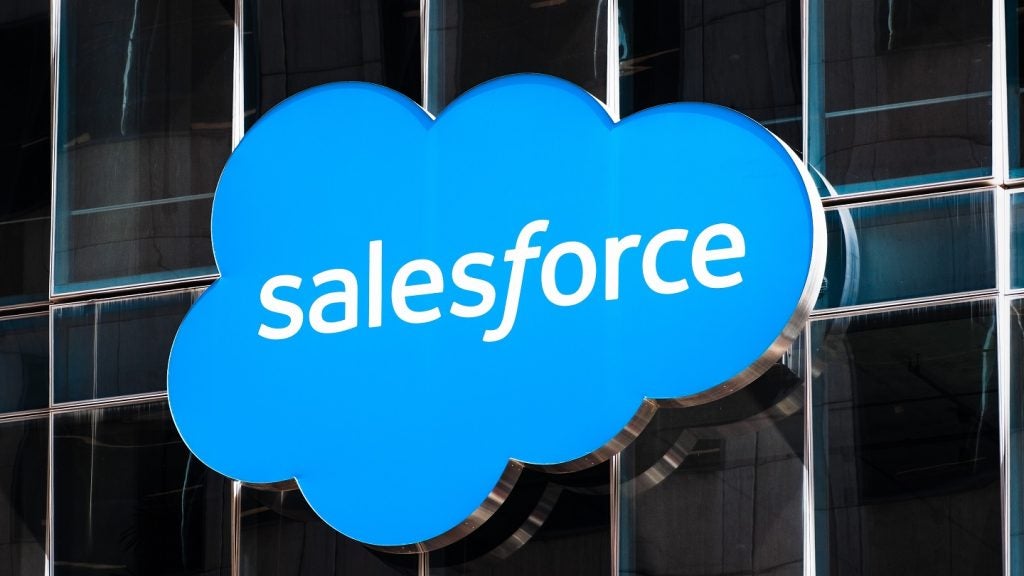Jack Wills — the self described outfitter to the gentry — plans to open 12 international stores, with the first being in Sylt, Germany.
The move will soften the impact of the devaluation of sterling.
However, given its distinctive British branding, upper midmarket prices and problematic expansion in the US, will its entrance to the German market be successful?
Here are a few reasons Jack Wills could make it work.
Germany remains popular for retail investment
Opening its first mainland European store in Germany is a strategic move for Jack Wills.
The German clothing market is forecast to grow by 2.8 percent in 2017 according to GlobalData research and there are gaps in the market for more international fashion players.
How well do you really know your competitors?
Access the most comprehensive Company Profiles on the market, powered by GlobalData. Save hours of research. Gain competitive edge.

Thank you!
Your download email will arrive shortly
Not ready to buy yet? Download a free sample
We are confident about the unique quality of our Company Profiles. However, we want you to make the most beneficial decision for your business, so we offer a free sample that you can download by submitting the below form
By GlobalDataNew Look and Topshop have both successfully opened German stores last year while Primark has continued its assault on the market and now trades from 20 stores.
Jack Wills’ lifestyle competitor White Stuff is also actively targeting the German market.
Last June White Stuff launched a local language website to accompany its two standalone stores and has since opened another eight standalone stores and has a presence in 10 branches of German department store Karstadt.
This rapid rollout indicates early success for White Stuff, and should give Jack Wills confidence that its German expansion will be met with enthusiasm from domestic consumers, particularly given its quality credentials and classic style which are well suited to the German fashion market.
Germany’s ecommerce market remains underdeveloped, with only eight percent of retail purchases made online in 2016, versus 14.9 percent in the UK. German multi-channel online retail sales are forecast to grow by 8.3 percent over the next five years.
Jack Wills has a huge potential for online growth, particularly given its strong online sales from German shoppers via its UK platform, growing 75 percent in 2016 and boosted by its presence on Asos.
Jack Wills must launch a local website to coincide with its store opening, as it has in the US and Hong Kong.
Mistakes from US expansion must not be repeated
Selling internationally is not a new venture for Jack Wills.
It opened its first American store in 2010 and peaked at over 10 stores. However, the retailer expanded too quickly and read the market wrong.
US sales struggled from 2013, with American shoppers refusing its high price branded basics, already served by established American retailers Hollister and Abercrombie & Fitch.
This, combined with a lack of investment and development in products specifically for the US shopper, resulted in store closures and it now has just five across the country.
Some closed stores were located in holiday towns such as Newhaven and Newport, mirroring its UK expansion strategy which started by locating stores in small affluent holiday towns such as Salcombe.
Although these locations are suitable for the brand during the peak summer season, they suffer poor footfall over the winter months.
Jack Wills will need to be mindful of this potential issue, with its first German store located in Sylt, an exclusive luxury beach resort in North Germany.
Jack Wills should attempt to capture holiday shoppers for return spend, for example by giving them discount codes for its website.
It also needs to take into consumer data acquired from online demand and opening its next German store in an affluent town with higher foot fall is probably a good idea.
It must adapt its offer for the German shopper, rather than simply replicating its UK store, as it did in the US. For example, despite Jack Wills pledging to move away from discounting in the UK, German shoppers are more discount driven.
Targeted marketing is essential
Jack WIlls relies on word of mouth viral marketing, rather than conventional advertising and will likely do the same in Germany.
In the US the retailer introduced so-called Seasonnaires in an attempt to raise its profile.
Seasonnaires are brand ambassadors, representing everything that is Jack Wills, spending their summer breaks travelling round the US and visiting the American stores, posting their experiences on social media.
The retailer should use a similar campaign in Germany.
For its Sylt store there is an opportunity to market the brand during the Mercedes-Benz Windsurf World Cup, held annually and fits the brand heritage and lifestyle image.
Without this kind of image people will not be prepared to pay upper midmarket prices for an unknown brand.







Related Company Profiles
Hollister Inc